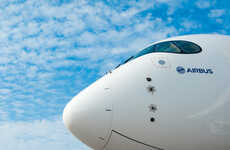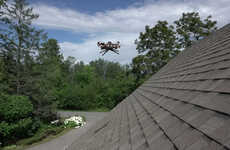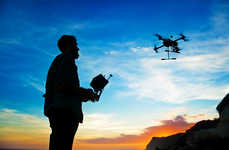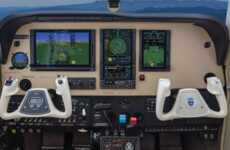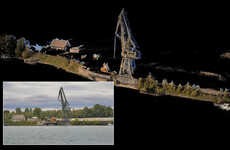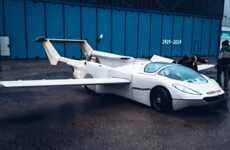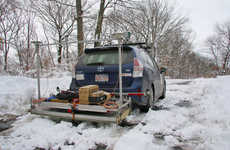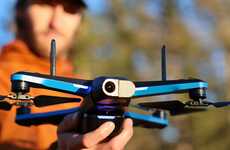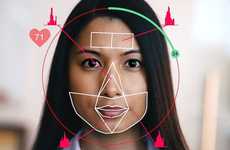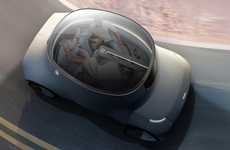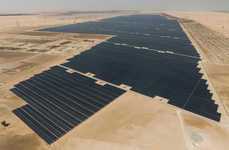
German Researchers Successfully Landed a Self-Flying Plane
Daniel Johnson — July 11, 2019 — Autos
Researchers from the Technische Universität München were able to successfully land an autonomous aircraft. The project is relatively new and has already found some degree of success. During a test, the aircraft was able to find the runway form an extended distance and land. The landing was able to be done without the pilot touching the controls at all. This program gives a promising look into the future of autonomous flight.
The autonomous aircraft system implements both computer vision as well as GPS to bring the aircraft safely to the ground. GPS is used to navigate the plane, which implements visible light and infrared cameras to find the runway and get the planes own position in the air. Once that is known, the aircraft can calculate its own glide path and then land itself.
Image Credit: Andreas Dekiert/C2Land
The autonomous aircraft system implements both computer vision as well as GPS to bring the aircraft safely to the ground. GPS is used to navigate the plane, which implements visible light and infrared cameras to find the runway and get the planes own position in the air. Once that is known, the aircraft can calculate its own glide path and then land itself.
Image Credit: Andreas Dekiert/C2Land
Trend Themes
1. Autonomous Aircraft Landings - Disruptive innovation opportunity: Develop advanced computer vision and GPS systems to enhance the capabilities of autonomous aircraft landings.
2. Self-flying Planes - Disruptive innovation opportunity: Create fully autonomous planes that can perform takeoffs, landings, and all flight operations without human intervention.
3. Future of Autonomous Flight - Disruptive innovation opportunity: Explore the potential of autonomous flight in various industries including transportation, delivery services, and surveillance.
Industry Implications
1. Aerospace - Disruptive innovation opportunity: Revolutionize the aerospace industry with autonomous aircraft technology for improved efficiency and safety.
2. Transportation - Disruptive innovation opportunity: Integrate autonomous aircraft into the transportation industry to provide faster and more efficient air travel options.
3. Technology - Disruptive innovation opportunity: Pioneer advancements in computer vision, GPS, and artificial intelligence to support the development of autonomous flight systems.
2.7
Score
Popularity
Activity
Freshness

